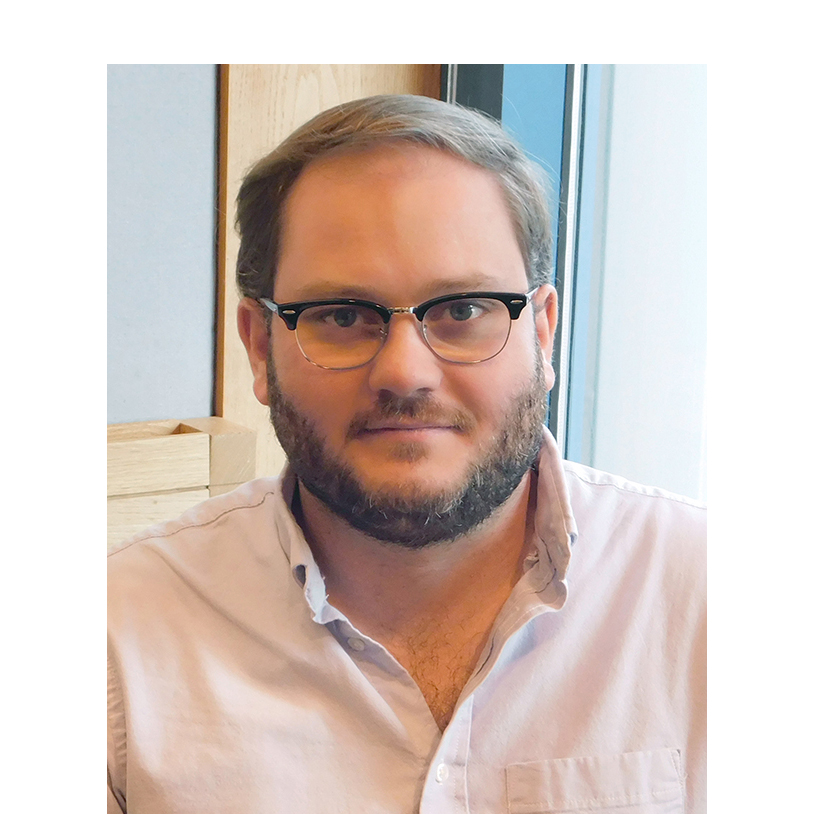Chemical Approaches for Modulating Lysine Post-Translational Modifications, by George Burslem, PhD, Assistant Professor of Biochemistry and Biophysics, University of Pennsylvania, School of Medicine

The Department of Chemistry Presents, via In Person and Online Zoom Presentation: George Burslem, PhD, Assistant Professor of Biochemistry and Biophysics, University of Pennsylvania, School of Medicine
Post-translational modifications (PTMs) are key modulators of protein function and are crucial for the successful function of a cell. They can act as methods for signal transduction, alter the localization of a protein or signal that a protein is no longer required, as well as many other functions. Research in the Burslem lab employs a highly interdisciplinary approach to develop chemical tools to interrogate and modulate two important classes of post-translational modifications at lysine side chains, namely ubiquitination and acetylation.
This talk will focus on the development of chemical tools to modulate PTMs relevant to disease. The first half of the talk will focus on the use of heterobifunctional compounds to induce specific PTMs, for example ubiquitination for targeted protein degradation. The second half will focus the development of new compound libraries and approaches for the identification of inhibitors of lysine PTM editing enzymes.
Research
Our research is focused on the development of novel chemical approaches to modulate lysine post-translational modifications. This includes both synthetic and protein engineering approaches to understand lysine modifications as well as chemical biology approaches to modulate them as a potential therapeutic approach.
Post-translational modifications (PTMs) are key modulators of protein function and are crucial for the successful function of a cell. They can act as methods for signal transduction, alter the localization of a protein or signal that a protein is no longer required, as well as many other functions. The most widely studied PTM is phosphorylation of serine, threonine and tyrosine residues but reversible covalent modifications of lysine residues can have equally important functions. For example, acetylation of lysine residues is the second most observed PTM, after phosphorylation.
The Burslem lab is interested in developing chemical tools to understand and modulate lysine post-translational modifications, specifically acetylation and ubiquitination. The laboratory is particularly interested in novel pharmacological approaches to modulate post-translational modifications which regulate gene expression and protein stability with a focus on understanding and treating haematological malignancies. We employ a multidisciplinary approach including synthetic chemistry, biochemistry, biophysics and cell biology to probe biological systems in cancer biology.
george [dot] burslem![]() pennmedicine [dot] upenn [dot] edu (george[dot]burslem[at]pennmedicine[dot]upenn[dot]edu)
pennmedicine [dot] upenn [dot] edu (george[dot]burslem[at]pennmedicine[dot]upenn[dot]edu)

